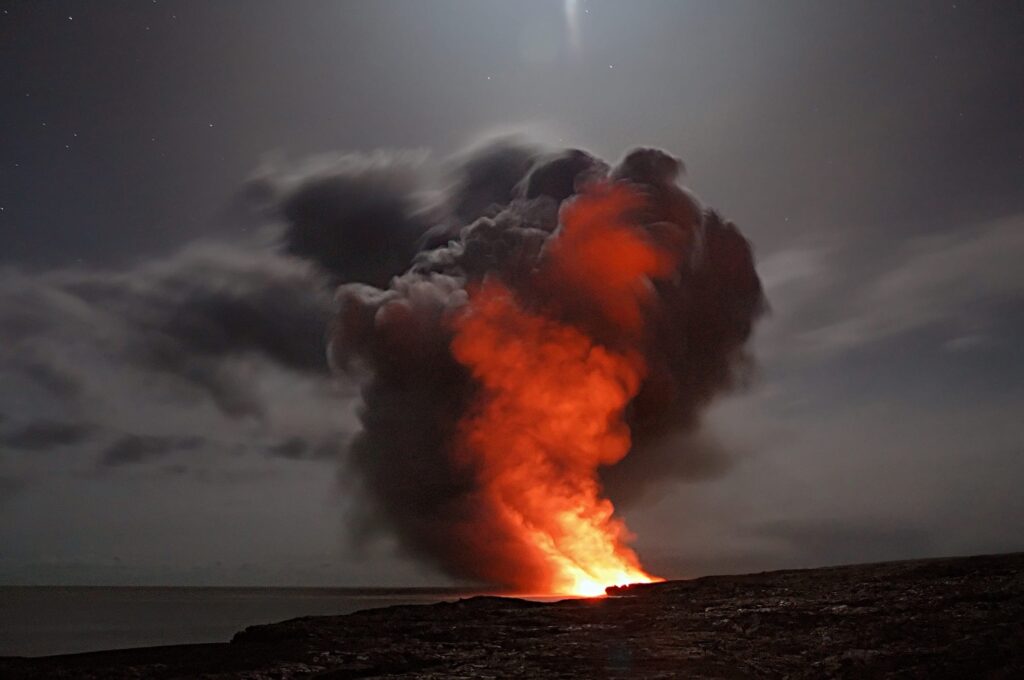
No turning back …
A Spanish conquistador teaches Nicole Law that the Easter season is also a time for courage.
If Christmas is generally celebrated in some form throughout the world, then Easter – in most countries – hardly gets a look-in. And even for Christians it is usually just the Sunday – the happy end to Lent denial – and then is quickly forgotten. Only the most devout believer appreciates Easter as the 50-day season it is meant to be, and so a significant time in itself.
Because Easter is not just a public holiday or two, time spent with family and, crucially, the arrival of spring. It’s not just the chocolate bunnies we exchange or the dew on the flowers outside. There is a sense of freshness, revival and, I daresay, newness.

This can feel all very exciting for some of us, especially people like myself who have just exited the abstinence and fasting of Lent. This dour season has made way for Easter, a time bursting with abundance and new life. Yet in our haste to make the transition, the newness we crave for may conceal a less-than-complete transformation.
Our tongues may profess that we are living a new life – we claim we have left bad habits behind and acquired new good ones, be they eating more healthily, getting enough sleep, regulating our emotions or simply being present to our loved ones. Reality, though, paints a different picture. A few weeks into the Easter season and we find ourselves back at pre-Lent levels – square one – and wonder how we got there.
I asked myself the same question – why was my resolve so weak? What was standing in the way between myself and real change?
Sure, I wanted to sleep more, find balance in my life, and be a better friend and daughter. Yet I found myself reverting to my old self, letting my tendency for impatience, workaholism and perfectionism lure me back, like a siren song, to destructive habits.
For a while, the cycle between progression and regression continued and my frustration grew. That is, until I watched a film where a priest narrates the story of Hernan Cortés, a Spanish soldier who found himself on the shores of the New World in the early 16th century. The priest explained how Cortés, ready with his men to go inland to begin their conquest of America, instructed them to burn the ships on which they had sailed.
At first, I was overcome with dismay – what if things turned awry, wouldn’t an escape plan be prudent? Then it dawned on me: the mere presence of those boats provided Cortés’ men with the option of fleeing when the campaign proved too demanding. And likewise for me, those ships represented my comforts, what I was familiar with.
I realised I had my own set of ships that I would flee to in times of trial and temptation – and no, it wasn’t just fried chicken or chocolate cake – it was patterns of thinking and responses that I found myself trapped in. I had inadvertently kept these ships in the bay because it felt much safer to know I had something I could run back to when my courage flagged.
The order to burn these ships meant that these men had no choice but to fight the battles in front of them fearlessly and that pain and struggle were unavoidable. It must have been scary to know there was no turning back – it’s scary for us too to know that in order to make genuine progress in significant areas of our life, we must be prepared to burn our own personal ships.

The first step is recognising what these ships are in which we have sought refuge for so long – what are those patterns of thinking and behaviours that recur, yet leave us wanting? What are those quick-fixes that we depend on to distract ourselves from the painful process that is personal growth?
It takes an awful lot of self reflection and honesty, but what a difference it makes.
I’ve only just started to recognise what these ships are for me but progress is progress, no matter how minimal. Maybe this Easter season will be less about superficial newness and more about undergoing an internal transformation of heart and mind, with the courage and determination of Cortés and his men.
That really would be a form of resurrection ….
Like what you’ve read? Consider supporting the work of Adamah by making a donation and help us keep exploring life’s big (and not so big) issues!


One Comment
Maz Green
Love this, Nicole. You’ve certainly got me thinking about my own ships. And would I dare burn them??
Thank you for your thoughtful words.